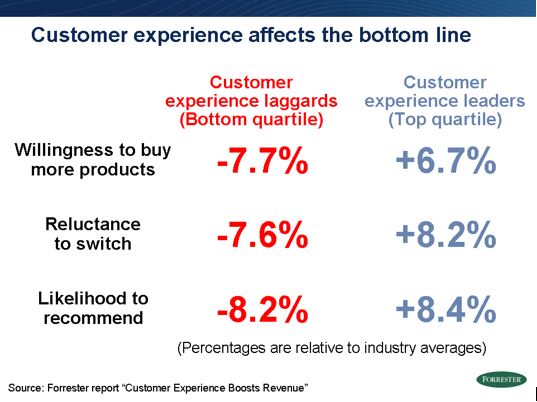 Those three little words can be the source of every breakthrough and they can also be the source of damnation. Knowing whether or not a certain tactic works is the first step towards evaluating anything in general, but also in business.
Those three little words can be the source of every breakthrough and they can also be the source of damnation. Knowing whether or not a certain tactic works is the first step towards evaluating anything in general, but also in business.
The next three words need to be, “Where’s The Proof?” So that you can make a decision based on the evidence.
We can show you case studies of clients who have successfully grown their businesses with our services. You can also find people who have tried newsletters and have failed with them.
The problem is both sources of advice are biased. One of the strongest needs in human nature is the “need to be right.”
The people whose newsletter didn’t work (or their marketing in general), also need to be right in their forecast that if you do a newsletter it won’t work for you either. They aren’t doing it because they have your best interests at heart, they are doing it to satisfy their own personal needs.
Measure your own results and make your decisions independent of others.
The ability to understand and interpret numbers mean you know if you are on a winner or not, and that is all that counts. The hype of the media, the opinions of your well-meaning friends, family, co-workers, competitors or even marketing gurus don’t matter.
What matters is that you are making money doing it. If you are, keep going. If not, where can you make more money doing something else? Test it, then commit.
By and large I now ignore the opinions of others. Warren Buffett has done it all of his life. He sits in relative isolation in Omaha making decisions based on his own criteria. Dr Michael Bury has been the same, creating 700 million of profit in just 8 years – until he closed his fund in 2008. Dan Kennedy ignored his detractors for decades focusing on what works and has built a massive subscriber following.
Take someone else’s idea and test it. If it works – then cool! If not, then no harm done (risk only an amount you can afford to lose). Once you know it works roll it out.
Then I know and I have something nobody else has: The information about what will happen in my situation. Every business is unique. You know your business more intimately than everyone else so you need to be willing to test the ideas and make decisions based on your data.
Stand tall and proud, make your own decisions – and if you are wrong change. No point going out backwards because you are wrong.
 I think the reason business owners emotionally covet referrals is because they feel like they are free. We all like to get something for free – and perhaps a free customer is the best thing we could get for free.
I think the reason business owners emotionally covet referrals is because they feel like they are free. We all like to get something for free – and perhaps a free customer is the best thing we could get for free. In some ways it’s amazing that marketing is such a little understood skill. I for one am grateful that it is, but there are drawbacks to it.
In some ways it’s amazing that marketing is such a little understood skill. I for one am grateful that it is, but there are drawbacks to it. This morning I was reading Dan Crick’s Newsletter, “The Marketing Edge.” (Top bloke – I have a lot of time for him.) Dan had come across this research from Forrester. Now Forrester put out a lot of data but only occasionally actually gives you worthwhile information.
This morning I was reading Dan Crick’s Newsletter, “The Marketing Edge.” (Top bloke – I have a lot of time for him.) Dan had come across this research from Forrester. Now Forrester put out a lot of data but only occasionally actually gives you worthwhile information.
 This was the reply I got from one of our ‘online only’ subscribers last month when I wrote an email announcing the arrival of my beautiful new daughter Daisy.
This was the reply I got from one of our ‘online only’ subscribers last month when I wrote an email announcing the arrival of my beautiful new daughter Daisy. We all crave simplicity – I do, you do, it’s universal. If you believe the running man theory of evolution, our endurance made us able to run after gazelles and springboks on the savannah. Our brains made it possible to catch them.
We all crave simplicity – I do, you do, it’s universal. If you believe the running man theory of evolution, our endurance made us able to run after gazelles and springboks on the savannah. Our brains made it possible to catch them.